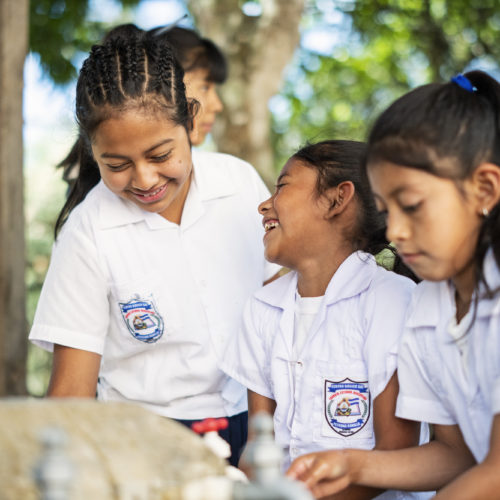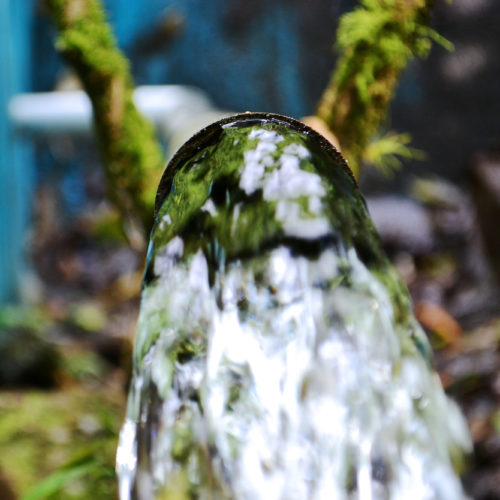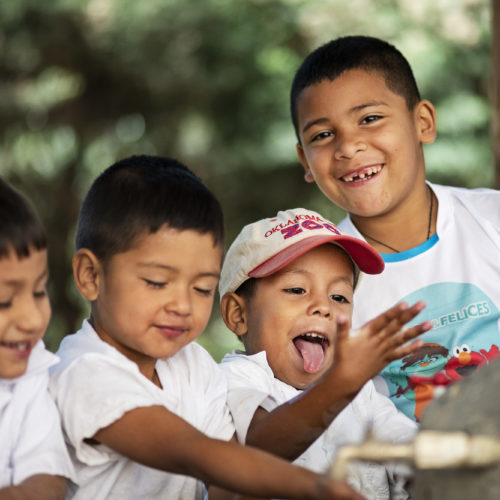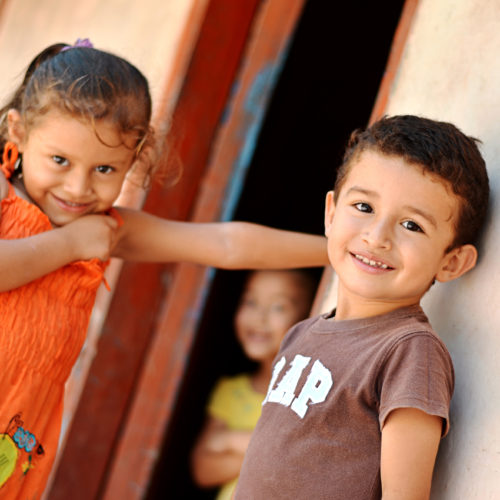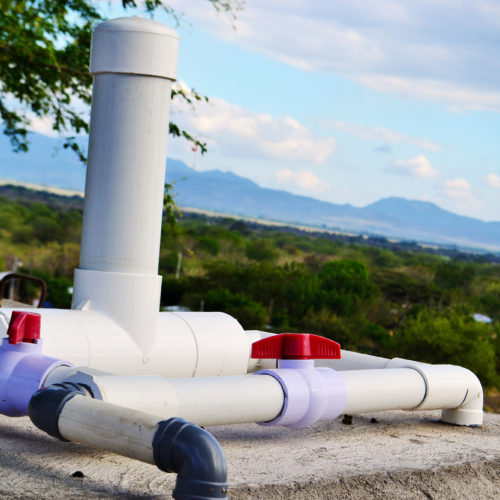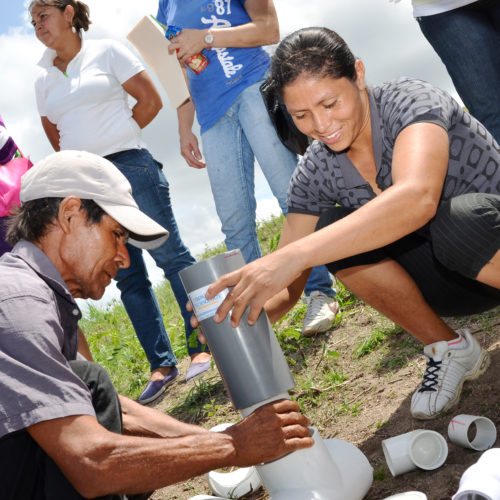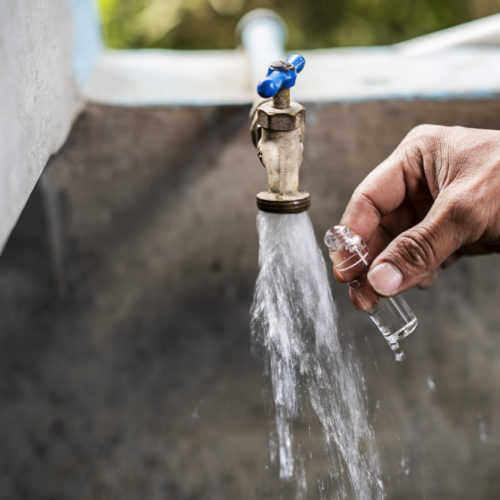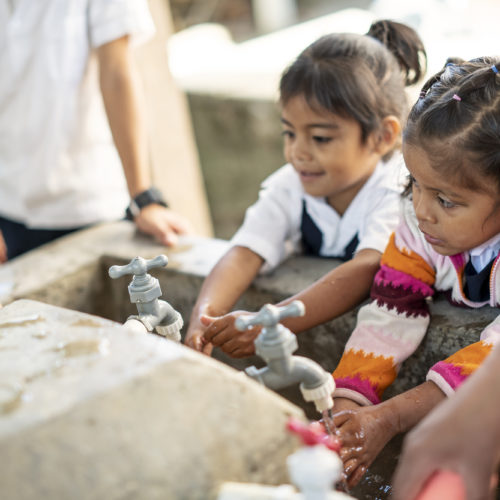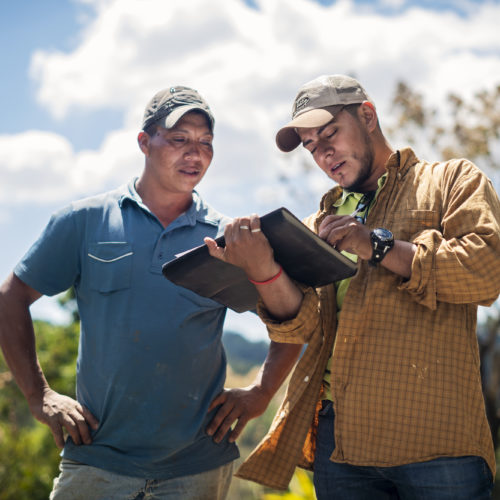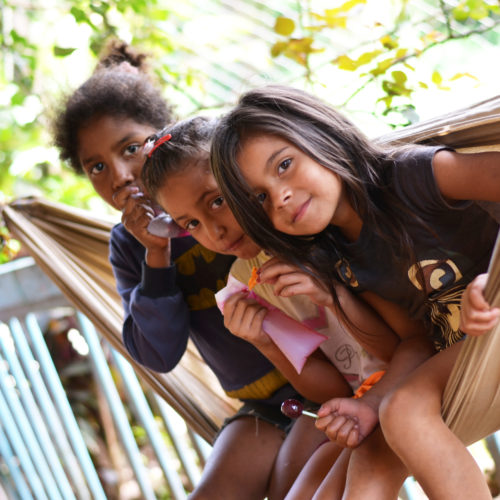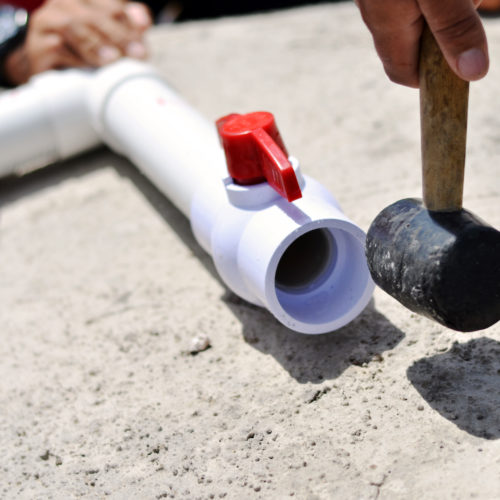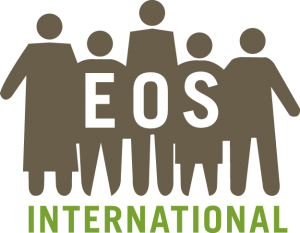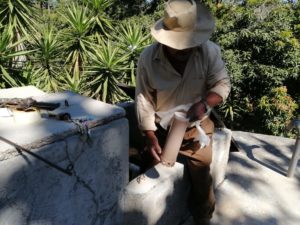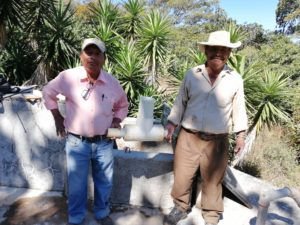
Every $1.67 donated provides ONE person access to sustainable, safe drinking water! Safe and accessible drinking water is a basic right to everyone in the world. However, due too many challenges in emerging markets including poor infrastructure, social and political instability, millions of people including children die every year from diseases associated with inadequate water supply. Unsafe drinking water is one of the greatest single threats to human health. Waterborne diseases are responsible for over 840,000 deaths worldwide, most of them children. EOS International’s safe drinking water program focuses on rural populations in both Nicaraguan and Honduras, which are Central America’s poorest countries. There are approximately 11,700 rural community drinking water systems in Nicaragua and Honduras and more than 85% of these systems have been found to be contaminated with harmful bacteria. Most of these water systems lack filtration or treatment capabilities. Contaminated drinking water is the main source of gastrointestinal diseases and, at times, death in children under five. When communities gain access to safe drinking water lives are saved and illnesses are reduced, translating to a population that is healthier, better educated, and more productive. EOS’ safe drinking water expansion focuses directly on meeting the Sustainable Development Goal 6.1, calling for universal and equitable access to safe and affordable water for all. EOS specifically targets rural populations living in poverty in both Nicaragua and Honduras by focusing on water quality solutions at the community scale. EOS empowers rural families in Central America with access to safe drinking water and opportunities to generate income through simple technology solutions and education. With a comprehensive approach, EOS provides cost-effective safe drinking water solutions at the community level. EOS’ three-step approach includes water quality testing and analysis, community water treatment, and ongoing chlorine tablet distribution. We provide ongoing assistance, evaluation, and chlorine tablet supply to our rural communities through an established network of 50 franchised chlorine distribution centers. All solutions are locally-operated and require co-financing. Our program dramatically reduces the incidence of waterborne disease and saves lives. Proposed Activities: 1. Increase the number (and health) of people, with access to safe drinking water by installing water treatment systems in 5 new villages impacting and addition 3,000 people in total throughout the program. 2. Provide community water quality and testing services to new and existing rural community water systems, ensuring access to safe drinking water on a continual basis. This project will focus on expansion of the water chlorinator in rural villages in Nicaragua. Communities are identified on a rolling basis, making it difficult to select in advance specific communities. Upon selection of the communities, all community data including community type, water system specifications, and photos will be shared. EOS will arrange for a team of volunteers from the Wishing Well Foundation to assist in the build of a community water chlorinator. Water chlorination has been recognized by the World Health Organization as one of the safest, low-cost, and highly effective methods of treating drinking water throughout the world. EOS aggressively seeks new partners and we have an extensive list of program collaborators, which grows regularly. EOS works directly with the Ministry of Health (MINSA) at both the department and national levels to jointly a) assess needs, b) reach out to partners, c) prioritize effective networks, d) provide technical support, and e) monitor progress. This partnership is extremely strategic to EOS to foster continued program growth. Villages without water treatment are identified by the health ministry, government officials, and the community water boards, which are organized at the regional and national level and essential partners of EOS. Program staff meet with communities and provide education about the chlorinator, the costs and time required to purchase and maintain them, and the benefits villages can expect in return. Notable beneficiaries within the rural villages include women, who represent roughly 37% of community water board leadership. Children, who represent the vast majority of victims of waterborne diseases and death, are key beneficiaries of the program.
